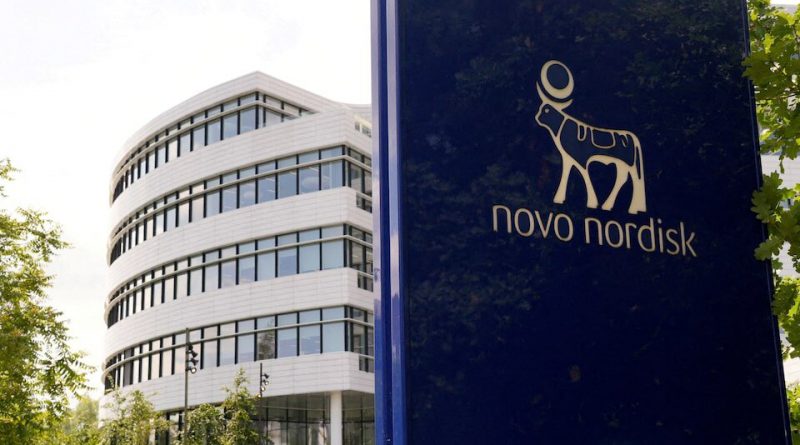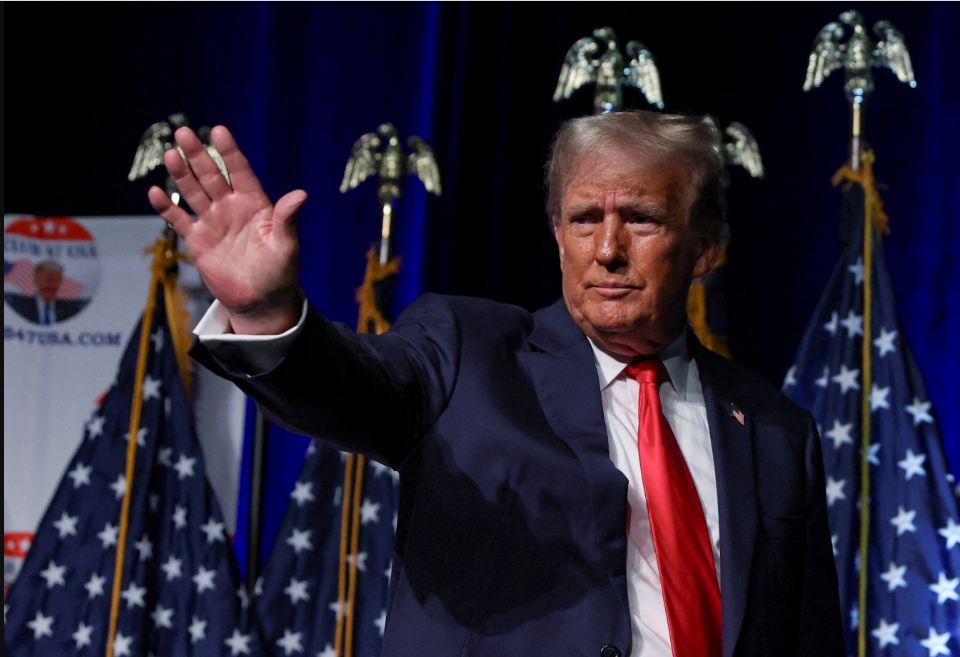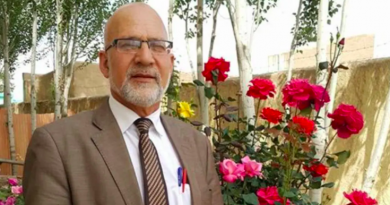Novo Nordisk and Eli Lilly Reject Claims of Partnership with Mangoceuticals on Obesity Drugs
Novo Nordisk and Eli Lilly clarify that they have no collaboration or special arrangement with telehealth firm Mangoceuticals, following misleading partnership claims.
Pharmaceutical giants Novo Nordisk and Eli Lilly have denied any partnership or collaboration with U.S.-based telehealth company Mangoceuticals Inc. The clarification comes after Mangoceuticals issued a press release suggesting that it had entered into arrangements with the two leading makers of weight-loss medications.
Both companies stated that no such partnership exists and that they have no special agreements with Mangoceuticals related to the supply, marketing, or distribution of obesity drugs. The statements were made following the release of Mangoceuticals’ announcement, which quickly drew public and media attention due to the companies’ prominence in the fast-growing obesity drug market.
Novo Nordisk, known for its weight-loss medication Wegovy, and Eli Lilly, maker of Zepbound and Mounjaro, are at the forefront of the global fight against obesity. Their treatments have gained massive popularity, creating high demand and attracting interest from telehealth providers seeking to expand access to patients.
The disputed announcement raised questions about the legitimacy of Mangoceuticals’ claims, particularly as both drugmakers maintain tight control over their distribution networks to ensure product authenticity and safety. Industry observers say that misinformation surrounding obesity drugs has become more common as demand outpaces supply in several markets.
Mangoceuticals, which promotes itself as a telehealth platform offering treatments for various wellness and lifestyle needs, did not respond to requests for comment following the denials. The company’s stock had seen a brief surge following the press release before falling sharply once the clarification emerged.
Analysts noted that such incidents highlight the growing risks of misinformation in the digital health and pharmaceutical sectors. As obesity treatments become more profitable, smaller companies often seek to align themselves with major players to boost investor confidence, even without formal partnerships.
Both Novo Nordisk and Eli Lilly have previously warned against the use of unauthorized telehealth channels and unverified online sellers. The companies emphasize that their medications should only be prescribed by licensed healthcare professionals and dispensed through approved pharmacies to ensure patient safety and compliance with regulations.
The global obesity drug market has seen exponential growth over the past two years, driven by the success of GLP-1-based medications like Wegovy and Zepbound. Analysts forecast that the market could exceed $100 billion by the early 2030s as more pharmaceutical firms develop similar treatments.
However, the surge in popularity has also led to a rise in counterfeits, unverified online vendors, and misleading claims. Regulatory agencies in multiple countries have issued warnings about fake products and unauthorized suppliers, urging consumers to verify the legitimacy of any telehealth service before purchasing.
In this context, the denial from Novo Nordisk and Eli Lilly underscores their commitment to maintaining integrity in communication and patient safety standards. Both firms continue to invest heavily in manufacturing expansion to meet growing demand while maintaining strict oversight of their product supply chains.
The incident with Mangoceuticals serves as a reminder of the importance of transparency in the rapidly evolving digital healthcare landscape. As more telemedicine platforms enter the obesity drug space, ensuring accuracy in public statements and consumer trust will remain critical for the credibility of all players involved.



